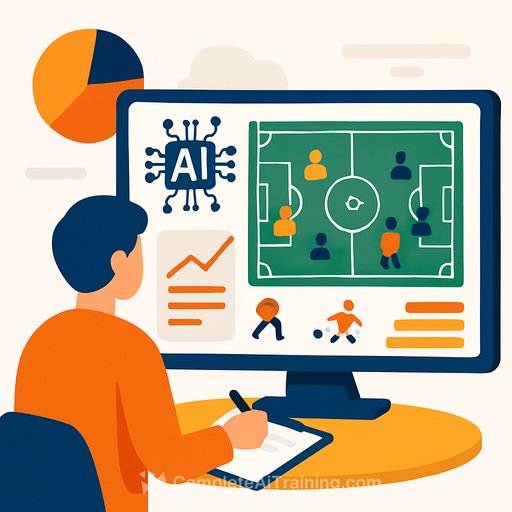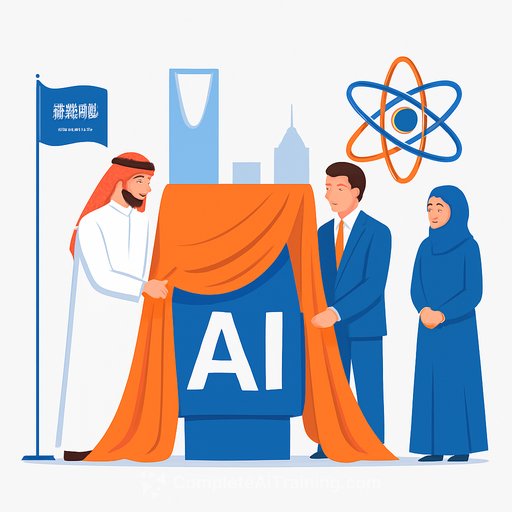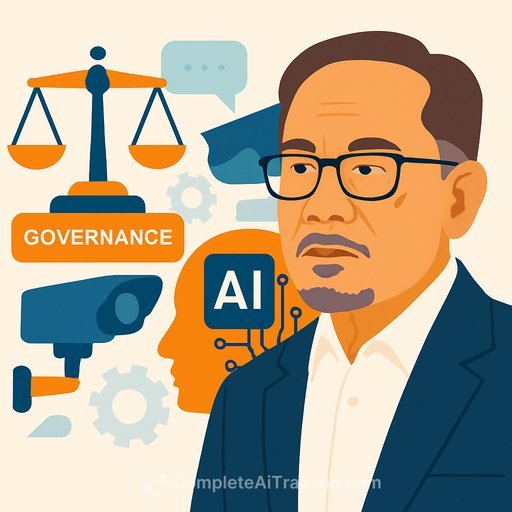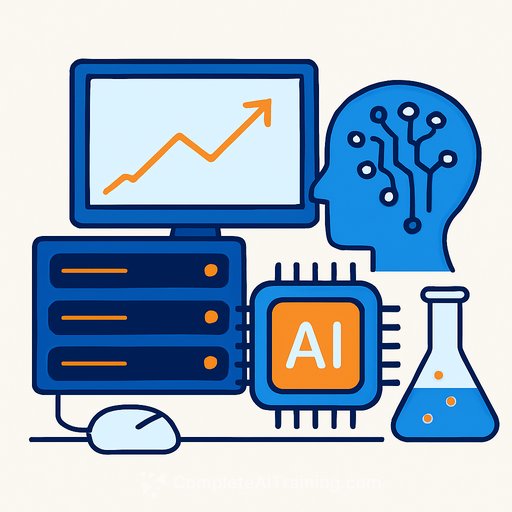Millions Invested in Sports Data Analytics: A New AI Approach
Professional sports teams spend millions on data analytics, employing advanced tracking systems to capture every sprint, pass, and decision in play. However, this valuable data remains proprietary, limiting its availability for independent research and wider analysis.
Two researchers from the University of Waterloo, Dr. David Radke and Kyle Tilbury, are changing that by leveraging artificial intelligence to create open datasets. Their system uses Google Research Football’s reinforcement learning environment to simulate and record unlimited soccer matches.
Generating Simulated Soccer Data
Starting with 3,000 simulated games, Radke and Tilbury produced a detailed dataset capturing passes, goals, and player movements. This provides a unique resource for researchers studying invasion sports like soccer and hockey—sports traditionally challenging to analyze due to their continuous and dynamic nature.
“While AI-generated players don’t exactly replicate stars like Lionel Messi, the simulated data is valuable for developing and testing sports analytics tools,” said Radke, a senior research scientist for the NHL’s Chicago Blackhawks.
Democratizing Access to Sports Analytics Data
Access to rich tracking data has historically been limited to large organizations with the resources to gather and process it. The simulated datasets open new doors for smaller research teams, academics, and dedicated fans who lack proprietary data.
- Researchers can validate and train new models on complex, realistic sports scenarios.
- Fans and analysts gain deeper insight into player behavior and game dynamics.
- AI research benefits from modeling multiagent systems that reflect human behavior in competitive settings.
Tilbury emphasized the potential impact: “Providing open data enables broader research opportunities and levels the playing field in sports analytics.”
Broader AI Research Implications
The study of invasion-game sports involves understanding complex interactions among multiple agents. Radke noted that improving models of these interactions has value beyond sports, advancing AI capabilities in simulating human behavior and teamwork.
As multiagent systems evolve, they will enhance both AI development and sports analytics, creating a feedback loop of improvement.
Looking Ahead
With tracking data central to future sports analysis, Radke and Tilbury encourage researchers without access to proprietary datasets to utilize their simulated soccer data. Their repository offers a practical entry point for working with detailed tracking information.
Their study, “Simulating tracking data to advance sports analytics research,” was presented at the 24th International Conference on Autonomous Agents and Multiagent Systems.
For those interested in AI applications in sports and beyond, exploring open datasets like these offers hands-on experience with multiagent systems and reinforcement learning environments. This aligns well with ongoing AI training courses focused on practical applications and data-driven insights.
Your membership also unlocks:





